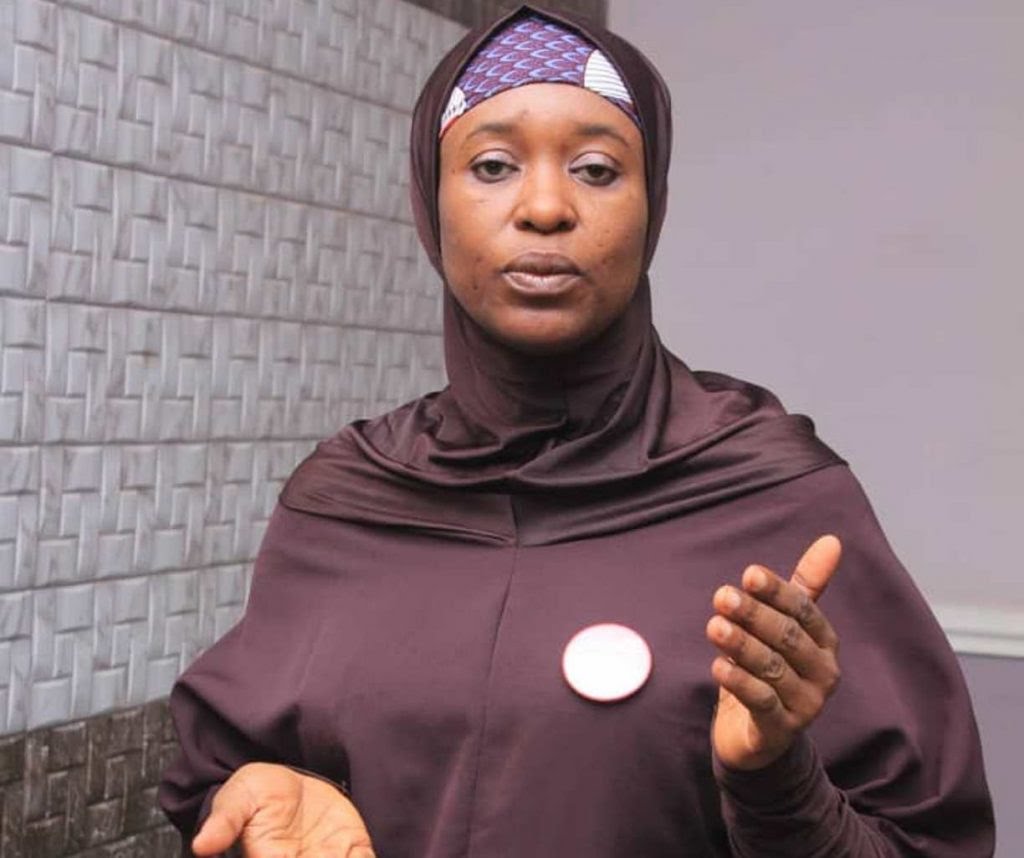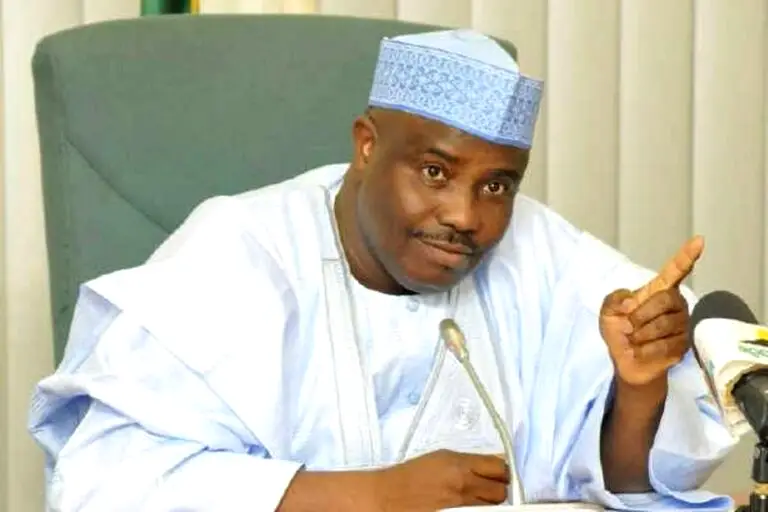President Muhammadu Buhari has expressed worry over the high fertility rate among Nigerians, saying the quality of life and standards of living of all Nigerians may suffer depreciation.
He said this on Thursday while launching the Revised National Policy on Population for Sustainable Development at the State House, Abuja.
According to the President, there is a need for population control through expanding access to modern family planning, counselling and commodities as well as birth spacing modalities.
He further inaugurated the National Council on Population Management (NCPM) to be chaired by him, with Vice President Yemi Osinbajo as the deputy chairman and the heads of relevant Ministries, Departments and Agencies (MDAs) as members.
He said, “The policy emphasises the urgency to address Nigeria’s sustained high fertility rate, through expanding access to modern family planning, counselling and commodities as well as promote births spacing.
“This will enable Nigeria to achieve rapid fertility control, improve the health of women, adolescents, newborns and children, and other population groups.”
According to the President, Nigeria’s population, which is the largest in Africa, seventh globally and among the few whose fertility is still growing, is hinged on a youthful population.
He noted that more than 72 per cent of the youths are below 30 years while half of the female population are in their reproductive years (15-49 years).
“These levels have implications for sustained population growth and narrowed prospects to achieving population management, facilitating sufficient demographic transition, harnessing our demographic endowment and eventually realising sustainable development,” he said.
The President said investing in quality education of young people (particularly girls), human capital development, anong others is integral to achieving the significant demographic transition.
“The Revised Population Policy is rich with all necessary information that will guide the implementation of Nigeria’s Mid-term and Perspective Development Plan.
“It will further address concerns of the large population of young people who are our pride, our future and assets to drive our development efforts,” he noted








